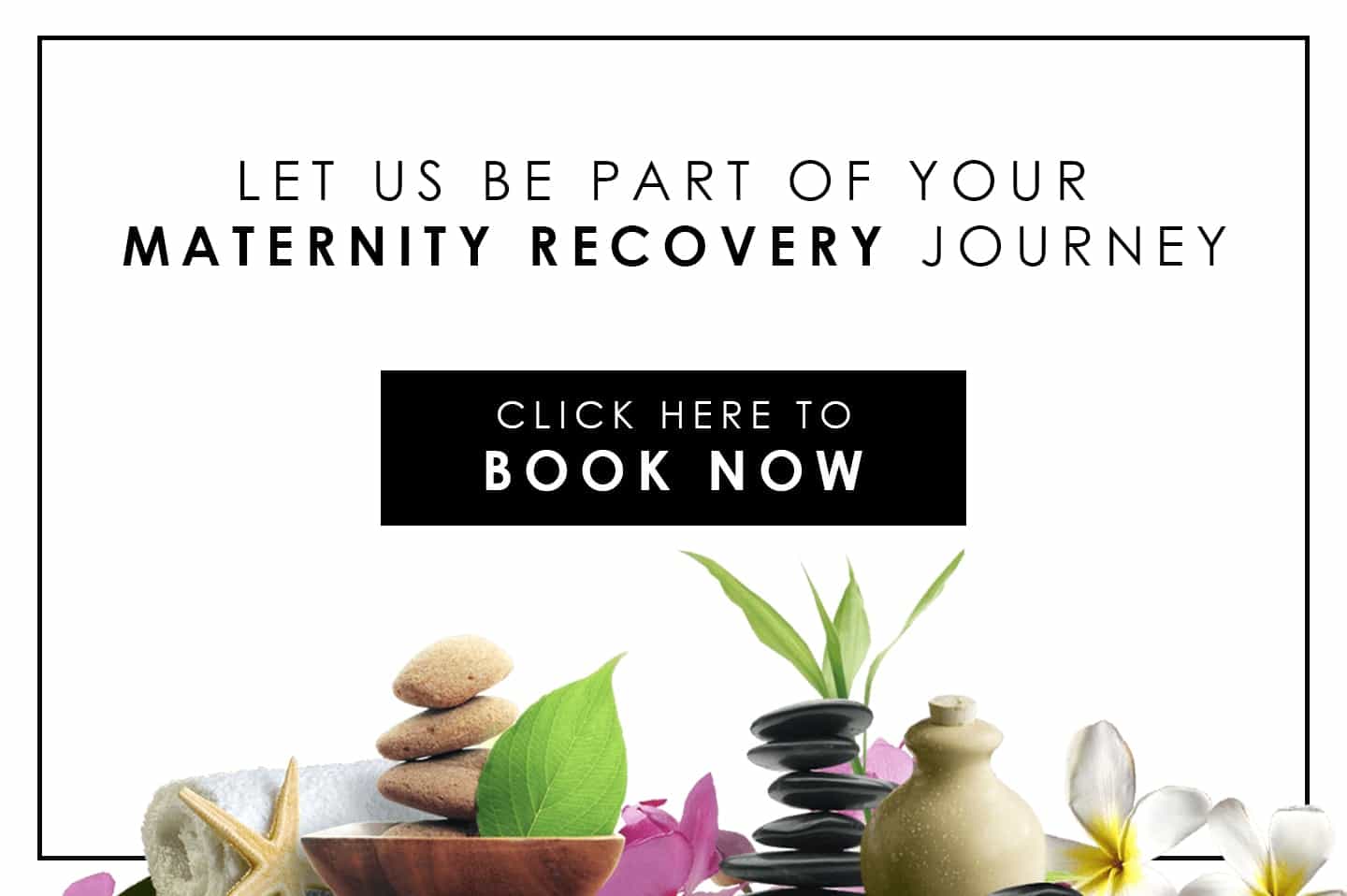7 Gambas Crescent, #09-09, Ark@Gambas, Singapore 757087 ♦ Reservation : +65 6417 9690
Pregnancy Care Tips: How to Have a Relaxed Pregnancy

Feeling anxious about your approaching EDD? Take a step back to breathe and relax. As anyone would agree, taking care of yourself is a crucial step that can help ensure a smooth pregnancy and relaxed delivery. So, practise proper prenatal care instead of letting yourself be overwhelmed by the thought of something that has yet to happen. We know this is much easier said than done but do try it.
Prenatal care is considered preventive healthcare, which means it prevents possible health issues or concerns. In a way, creating a good pregnancy could prevent any possible complications at the time of labour.
What can a relaxing pregnancy do for you? A lot. You would be less stressed out, which can result in irritability. If you do experience this, know that it is not your fault, and the majority of expectant mothers are bound to experience such things. However, do not think you have to ‘toughen up’ through the whole thing and just hope to come out of your pregnancy better. Treat yourself gentler, and it is okay to expect your close family members to do the same. On that note, here are other things you can do for a stress-free pregnancy!
- Planning and following a prenatal diet
- Stay off any and all harmful substances
- Consuming prenatal vitamins
- Going on regular checkups
- Taking up an alternative therapy
- Practising prenatal exercises
- Planning your childbirth
- Learn from others who have gone through pregnancy
- Be vocal
Planning (and following!) a prenatal diet
Care for your body how you would for your soon-to-arrive newborn – so eat healthy for it. No matter how well your diet has been before you conceive a baby, there is a high chance that it may require certain changes.
The demand for energy within your body may significantly rise as you now have 2 mouths to feed. If your diet has always been fairly healthy, you may still need to add more– in terms of portions or nutrition. Some food can do wonders for you during and after pregnancy. Plus, you are ‘eating for two’ – a phrase you are perhaps tired of hearing, but you know there is a complete truth.
Therefore, you should increase your consumption of proteins, folic acid, iron, and calcium during pregnancy.
These nutrients help in different parts of your baby’s growth; protein for the baby’s vital organs, folic acid for the brain and spinal cord, iron for oxygen and blood, and finally calcium for bone growth.
Stay off any and all harmful substances
Anything and everything you consume can be passed down to your baby. Yes, everything.
Cells are most vulnerable to substances when they are actively dividing. That is exactly what an embryo does for many months in your belly, just the constant division of cells to form a baby.
Substances like alcohol, tobacco, and nicotine must be strictly off-limits. Through the bloodstream and placenta, the baby absorbs nutrients for growth and all the unhealthy chemicals that a mother may consume. This also includes second-hand smoke, which, when inhaled, is more harmful than just smoking.
In case you were wondering, caffeine can be safely provided that your consumption is less than 200mg daily. To put it into perspective, a standard shot of espresso which makes up the base of almost all configurations of coffees, whether it be your latte, cappuccino, mocha, etc., contains approximately 65mg of caffeine.
Consuming prenatal vitamins
It surely takes a lot to grow a baby in you, even if you are already practising healthy eating. One of the most common recommendations you may have gotten is to take prenatal vitamins. You do not have to wait until you are pregnant to take it – you can take them at least one month before you start trying to conceive!
The first week of pregnancy is an extremely important time for fetal health and development. Unfortunately, most to-be mothers have – accidentally or not – overlooked this period simply because they have no idea they were already pregnant or the pregnancy was unplanned.
You have probably been told to take folic acid more times than enough, and rightfully so. Folic acid helps your body produce and maintain new cells (essential for growing an entity such as a FETUS in your stomach). Folic acid also lowers the risks of spina bifida (defects in the spine and backbone which can lead to issues like learning difficulties) and anencephaly (a condition that affects the skull).
Prenatal vitamins also generally contain higher levels of iron than standard adult multivitamins. This is especially important because iron can greatly support your newborn’s growth and development while at the same time preventing anaemia (lack of healthy red blood cells).
That said, vitamins should never substitute for a healthy, well-balanced diet. Don’t take several pills and vitamins and think you are all set. You still very much need your daily meals – you need them even more when you are pregnant.
Going on regular checkups
You can start setting your appointments as soon as you know you are pregnant. The appointment will go on up until the last few weeks before EDD. Go see your GP or midwife early in the pregnancy so you can schedule all your pregnancy appointments at once. By attending these appointments, people on your healthcare team can monitor you closely and keep you and your baby healthy.
If you can afford to stick to one specialist throughout your pregnancy, that would be better so your condition can be monitored closely. Your doctor would also know your symptoms well. Regardless, if you feel pretty okay with your pregnancy, you can go see different doctors. This also has advantages, such as allowing you to obtain different opinions from different experts.
How often should you go for checkups during pregnancy? Given that your pregnancy is generally healthy, you would have to see your doctor once a month, every two weeks, or every week depending on how far along you are. No matter what it is, do speak to your GP or doctor about it.
Taking up an alternative therapy (or two)
When is the best time for you to relax when you are pregnant? The answer is the last four words in that question itself — when you are pregnant. One crucial aspect of pregnancy is your physical, emotional, and mental comfort.
During pregnancy, do it any time you need to rest and relax. Even in your first trimester, you may already experience some pregnancy symptoms that are not very pleasant to deal with, like morning sickness.
Do not be too calculative with yourself, and be more willing to invest in the betterment of your health status – both mental and physical. Do not count your ‘5 minutes of sitting on the couch’ as your rest and relaxing time. Indulge in the goodness of your preferred therapy so you can relax. It can be any relaxing activity that keeps you fresh and awake throughout pregnancy.
One particular therapy that can improve your condition is prenatal massage. The good thing about this particular therapy is that you may not have to get out of your house and travel at all because many home-based pregnancy massage services are available. This massage helps stimulate circulation, reducing body aches, preventing cramps, and promoting a good night’s sleep. Who wouldn’t want any of that, right?
Considering all of these, it is important to pamper yourself and prevent undue or unnecessary stress. Studies have shown that when mothers are constantly stressed out during pregnancy, it may lead to complications during birth. Stress can be caused by various reasons, varying from changing hormones, negative events in life, and even the discomforts experienced due to pregnancy. When dealing with life events, always positively face them and solve them as soon as possible instead of putting them off, which can cause them to worsen.
As for stress hormones and physical discomforts, you should consider getting prenatal massage treatments to receive benefits such as reduced stress, swelling, and pain, increased blood circulation and lymphatic drainage, an improvement in mental health, and so much more! Just be sure to consult your doctor first to ensure it would be safe to receive one. Your partner can even give you a prenatal massage at home, nothing too fancy, just simple techniques such as neck rubs or foot rubs.
Service providers like Post Natal Massage Singapore (PNSG) offer amazing traditional Southeast Asian prenatal and postnatal massages. Prenatal massages help pregnant mothers reduce aches, pain, and stress while improving blood flow.
Practising prenatal exercises
One of the main uses the prenatal exercises target the pelvic floor muscle, which will do most of the work for you during labour. It is the muscle that aids in your bowel and urinating, provides support to your baby during pregnancy, and aids in the birthing process. When exercising, focus on this muscle. It is also more likely to recover faster after delivery if it is already strong.
Practise Kegel exercises at any time, whenever you are sitting or relaxing in bed. Do not overdo it to avoid difficulty urinating later on. There are also prenatal yoga and low-impact aerobics that you can practise every day. You can change your routine according to your trimester or months or how comfortable you feel doing them.
There are also certain exercises that can help you prepare for a smoother pregnancy. The aforementioned Kegels are one of them, but there are more. You can take up prenatal yoga, low-impact aerobics, and even swimming. If you plan to use it, you are free to, especially early on in your pregnancy. Once you have reached your third trimester, you may want to check with your GP or midwife before continuing to practise them.
If you are particularly looking for things to do to prepare yourself for relaxed labour, you can consider using an exercise ball (also known as the birth ball, yoga ball, and Swiss ball) to induce labour naturally. Sit on it occasionally with your feet flat and apart. Make sure to use a ball big enough so that your hips are equal to or higher than your knees. You can also gently rock on it. Besides helping with your delivery, the ball can help improve your posture and balance and exercise your tummy muscles.
Warm Baths
With pregnancy comes aches and pains in the muscles and the joints, and oftentimes, mothers cannot take any medication as they may harm the baby.
One way to combat this problem is by taking lukewarm baths. Have someone help you get inside and out of the bath to prevent slipping or sliding and ensure the water is not too hot.
If the water is too hot, this can raise the internal body temperature, which in turn retards blood flow which can affect your baby. If you do not have anyone to help with your bath, avoid it completely and take a shower. It can have a similar effect.
Planning your childbirth
It may seem so far away from where you are now in your pregnancy journey, but many mothers claim that the nine months go faster than they initially expected. Hence, sit down with your partner whenever you can and discuss how you expect your childbirth to go. This is an even more important topic to discuss if you opt for other kinds of delivery other than the more common vaginal birth at a hospital of your choice.
Regardless, keep in mind that there may be other complications that may require certain procedures. Thus, you want to be prepared for those as well. Explore the common occurrences during and after labour so that you can prepare yourself both physically and mentally. As cliche, as it may sound, preparation is key, which applies to everything, not just public speaking.
If this is your first childbirth, you may want to be extra prepared and have a team of healthcare providers around you to ensure that any complications can be taken care of immediately.
Learn from others who have gone through pregnancy
For our final point today, you can always learn something new from others who have walked the road of pregnancy before yourself.
If there is no such person in your life, go out there and find them. Whether it is in real life or online, get to know these people who will be able to help and provide support for you in your pregnancy.
After all, real human experiences almost certainly will be more relatable and helpful than a 2 minutes Google search and research would be to you. A birth class is a great way to find support and get advice on making your pregnancy easier. Here you can learn about the various childbirth options, breathing techniques, comfortable sleeping positions and ways to reduce stress or birth-related anxiety. You can also share what you have learned with other expecting mothers to help them during their pregnancy journey.
Be Vocal
The key is to attend to your feelings and take natal care seriously immediately. Do not keep everything inside, no matter what discomfort you feel – mental or physical, inside or out. If you keep it all inside, it can only get worse with no chance of getting better. Whether it is the nagging back pain or the hint of anxiety that sometimes strikes you out of nowhere, get/have it taken care of right away. The sooner you deal with it, the better.
This could prevent any serious complications during birth or could help to ease your mind. So don’t be shy! The doctor won’t bite. You do not have to suffer through your pregnancy. There are ways and means. Just be sure to keep an open mind while still being cautious and consulting your doctor about anything you are unsure.
Closing words
To all mothers and future mothers, always remember that a happy you will more likely lead to a happy baby, and the same goes for comfort.
Try out a prenatal massage and have that comfortable pregnancy every mother deserves!
If you are curious about our prenatal massage prices or want to know what prenatal spa massage packages we offer, feel free to swing by our website and book your prenatal belly massage soon!









